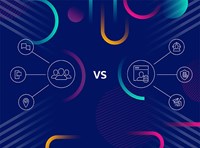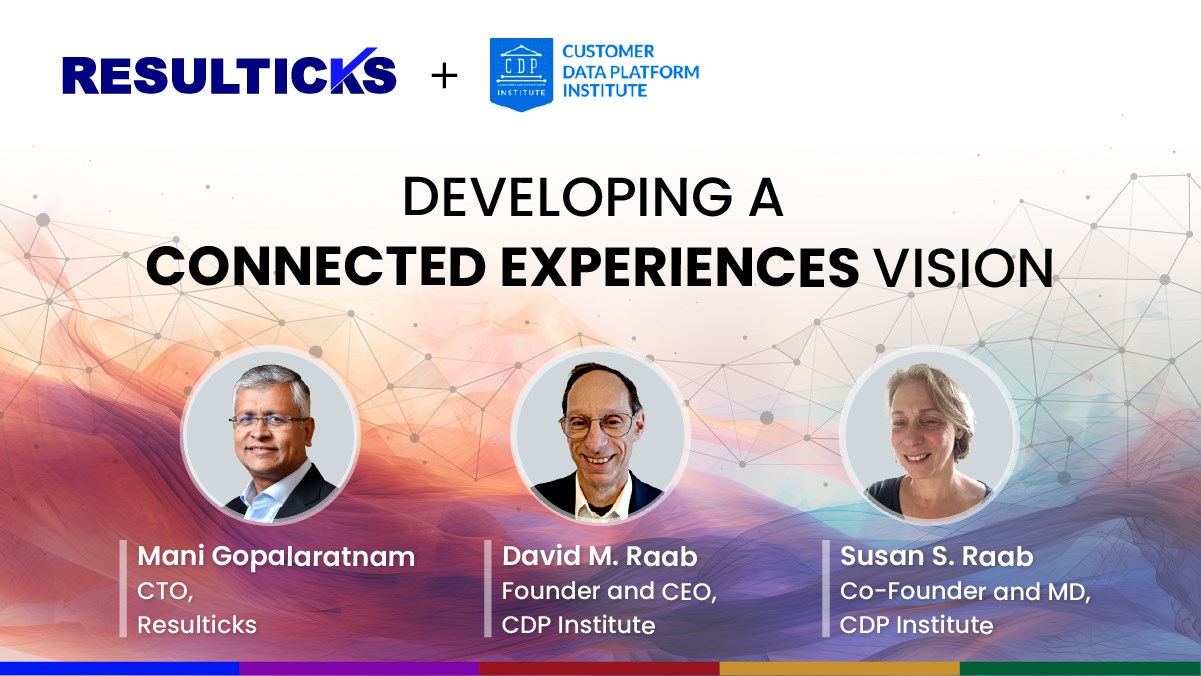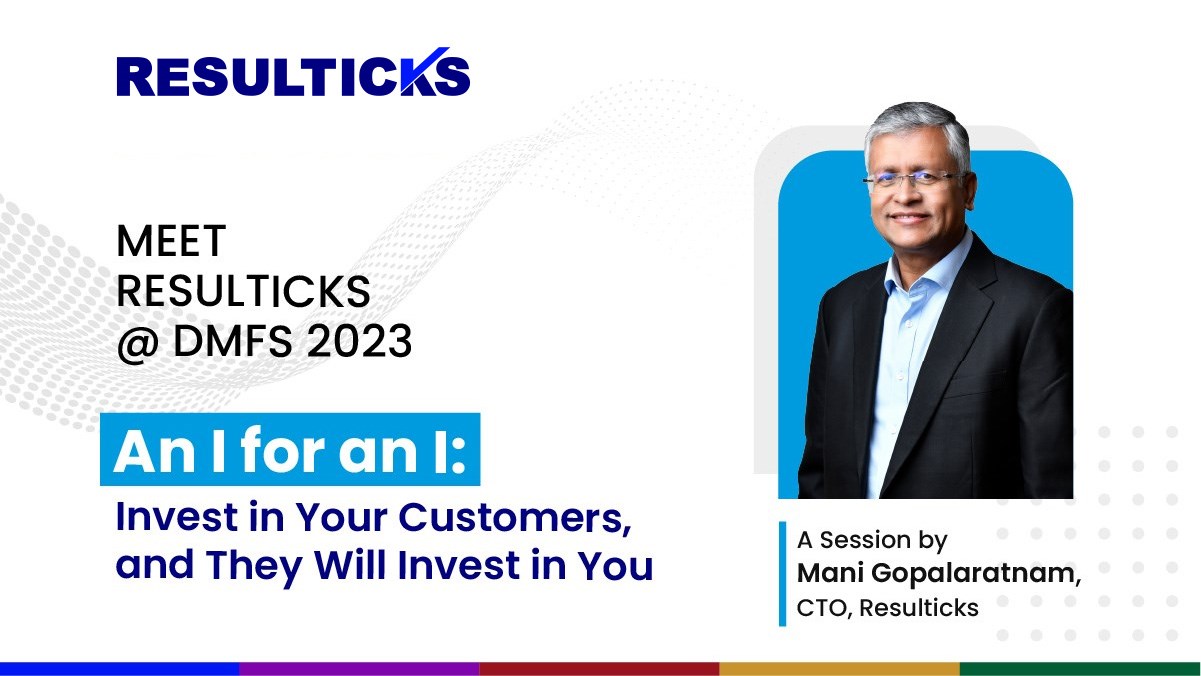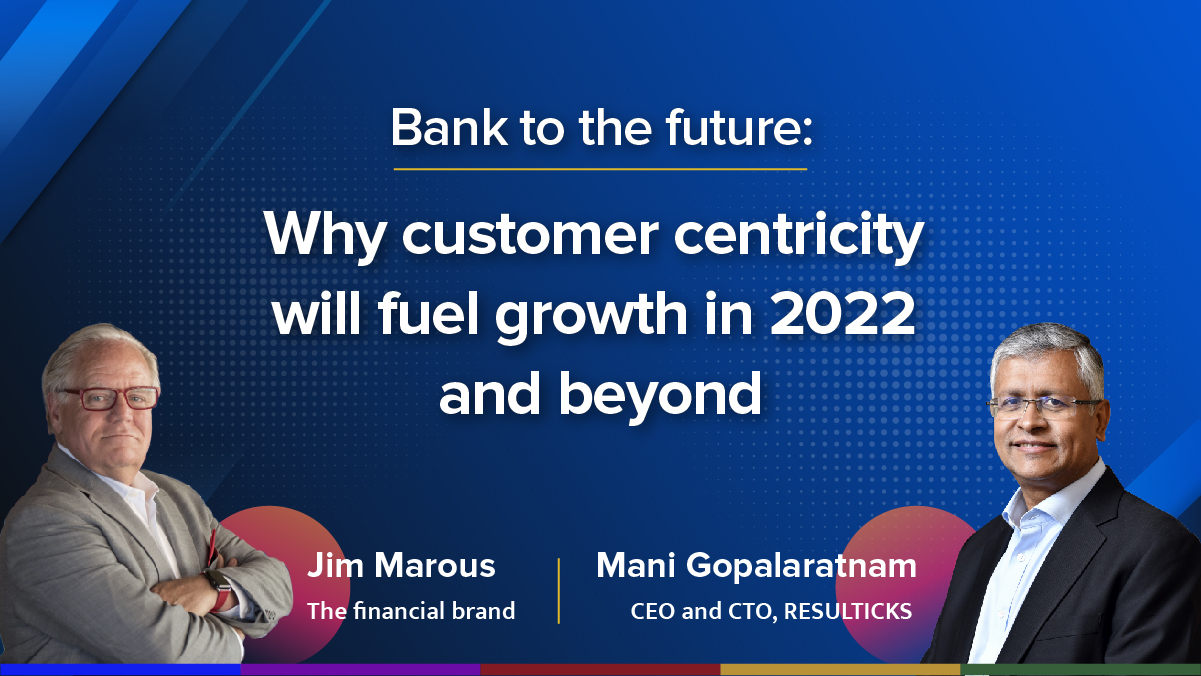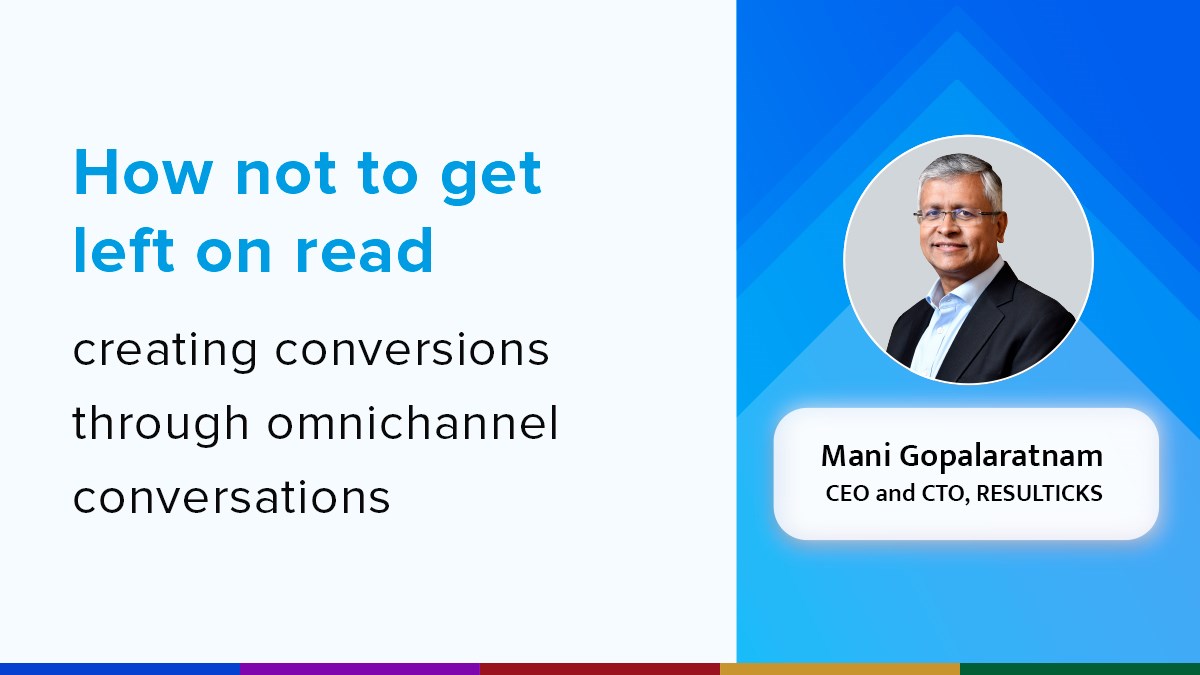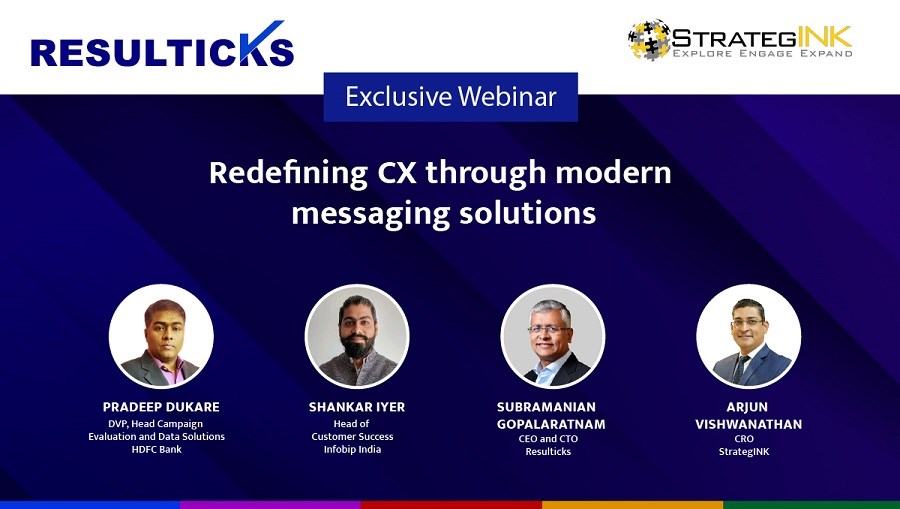Summary:
- Capitalizing on the AI wave requires an approach in tune with specific business goals
- Relevant data is crucial to get optimum value from AI/ML solutions
- Ethical implementation of AI is a cornerstone for any business solution
The marketing industry as a whole has been at the forefront of the AI revolution, finding its way into business processes, underlying technology, and customer interactions.
However, this paradigm shift is yet to become industry-wide. Some businesses have introduced AI-driven automation and transformation projects to great success, while others are floundering in a follow-the-leader mindset, failing to adopt AI capabilities in sync with their unique business goals.
In that regard, what should marketers keep in mind as they look to make AI an integral part of their customer engagement efforts?
1. Data is everything
Setting up Google Home or Alexa to recommend songs or inform you of any upcoming events is a simple prospect. When a marketer tries to target the right audience with an ad using the same tools, things get a bit more complex.
AI and machine learning cannot deliver results without ingesting relevant data.
Sourcing the right volume and variety of data from the respective sources is crucial. This entails identifying gaps in your existing data sources.
- What do you have right now?
- What sources need to be added?
- Are they in one place?
Then you need to determine what—technology, processes, and so on—can help deconstruct any silos between these sources and consolidate them.
With this approach, AI algorithms can continuously learn from the sourced data to offer increasingly better recommendations, enable more precise targeting, and optimize a variety of other marketing activities.
2. AI is an organization-wide effort
The marketing department (in a broader sense, at least) does not own or control the data entering its organization. In other words, to succeed in extracting the most value out of AI, marketers will have to ensure all the necessary data can flow from other departments. For instance, transactional data, which can be used to track conversions, may have to be acquired from sales and finance teams. The implications of AI are wide-ranging, and its success hinges on the collective commitment of the entire organization towards transformation.
3. Guide the AI project with a clear ROI
With the data and organizational aspects of the project sorted, you need to decide how its success will be measured. For the marketers, this entails spelling out the project’s tentative ROI, and continuously monitoring it after AI implementation.
4. Establish a robust marketing automation foundation
AI must be embedded into the marketing business process. Given the scale, complexity, and speed of digital marketing efforts today, marketers have to balance a variety of channels, analytics, communications, and customer journeys. As part of an omnichannel marketing automation solution, AI can shed light on valuable customer insights, enabling you to optimize how they are engaged in real-time, and facilitate seamless experiences across channels.
5. Use AI for good
For all the talk of AI’s convenience and power, marketers cannot afford to overlook its underlying ethical concerns. They must implement and utilize it in a manner that delivers unbiased outcomes, keeping privacy protection at the forefront.
Discover the power of AI harnessed for your brand’s specific business goals with RESUL. Contact us today to schedule a demo.



